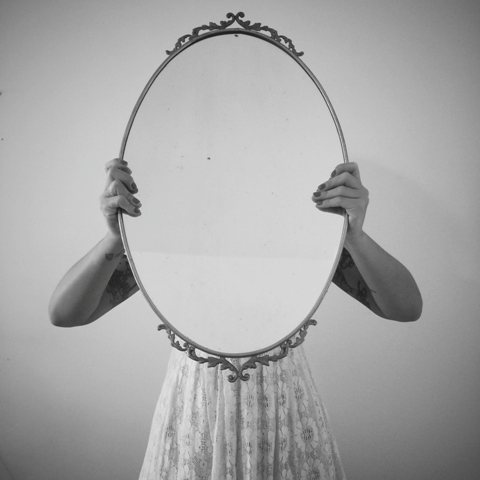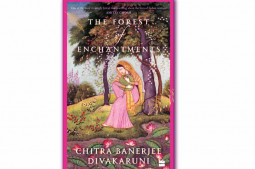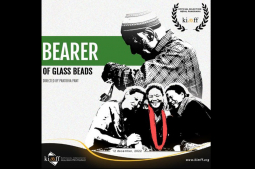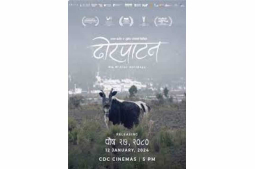
As a South Asian woman who was born in Nepal but having spent most of my adult life in North America, my world has been shaped by two competing identities.
I find myself situated in a constant struggle between being a “Nepali” as my cultural heritage and skin color defines me, and being “Canadian” as my acquired immigrant identity status. As I attempt to make sense of who I am and where I fit in this world, I am left with the notion that despite my strong connections to both communities, I am neither Canadian nor fully Nepali.
I am a woman who is defined and shaped by one pigeon hole in which the western society places me, and another pigeon hole, in which the Nepali society and its people categorize me. Despite where I’m placed, my identity shifts depending on the circumstances, and neither of these identities represent me.
I am lucky to have found love in a man who is a free spirited soul and does not limit my aspirations with shackles of responsibilities that a “Married Nepali Woman” must oblige to. But, the ingrained concepts of family obligation, unassertive behavior, and my role as a Nepali woman are so embedded in my system, that often times, I feel constrained from fully expressing my own desires and paths in life. This identity conflict has left me often feeling confused, frustrated, and silenced at times. While I have learned how to play the role of true Nepali “Chhori-Buhari”, “and try to be what others expect of me, one of my challenges in life has been to find ways of forging an identity that I can ascribe to freely and without constraint.
As a woman of the 21st century living in the western society; one must learn to bargain between high expectations and forging an independent identity to compete in society, while simultaneously being pressured to retain an eastern world cultural heritage that prescribes fixed gender roles and collectivist familial expectations. The conflict resulting from these competing identity expectations can result in emotional stress and confusion as young women like myself struggle to belong to both communities but find themselves fitting in neither world. We often face being labeled as “want to be bideshi” by Nepali standards and “foreign immigrant” by North American standard. We are like a pendulum- a part of two worlds, but belong to neither”






Leave A Comment